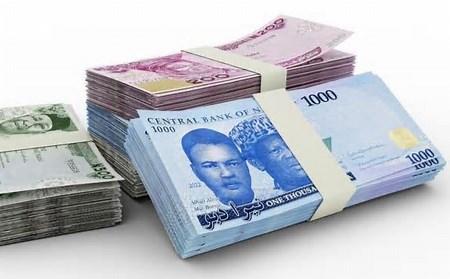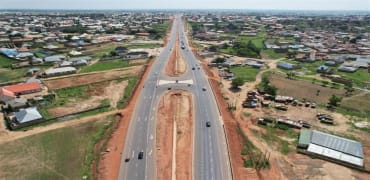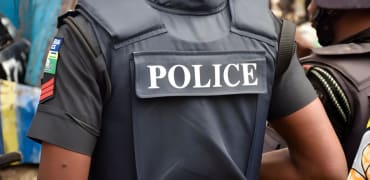FG Approves Cash Transfer for Over 2 Million Struggling Households
FG Approves Cash Transfer for Over 2 Million Struggling Households
By Achimi Muktar
Nigerians feeling the sting of economic reforms may soon breathe a little easier. The Federal Government has confirmed that over 2.3 million households are now verified and ready to receive conditional cash transfers—part of a larger effort to cushion the impact of subsidy removal and foreign exchange reforms.
This development comes amid mounting pressure and criticism over the sluggish rollout of the much-hyped intervention programme.
Speaking at a press briefing in Abuja, the Director General of the National Identity Management Commission (NIMC), Abisoye Coker-Odusote, revealed that the government is conducting a sweeping revalidation exercise on the National Social Register. This is a crucial step to ensure that only truly eligible and verifiable Nigerians benefit from the scheme.
“As of Tuesday, we have revalidated 2.3 million persons and will soon begin payments,” she stated. “Our job is to ensure that those who qualify are confirmed biometrically. We’re working with other agencies to ensure the money goes to the right people.”
But while progress is being made, the numbers paint a more sobering picture.
A recent World Bank report titled “Building Momentum for Inclusive Growth” revealed that only 37 percent of the intended 15 million households—around 5.6 million—have received any payment since the programme’s launch in 2023.
This is despite the fact that the World Bank approved a massive $800 million loan to fund the initiative. As of April 30, 2025, $530 million of that amount had already been disbursed.
Why the delay?
According to Coker-Odusote, one word: identity.
She emphasized that biometric validation is not just a formality—it’s a safeguard. “We don’t want to pay people who no longer exist in this world,” she said bluntly. “That’s why this revalidation is rigorous. We need a verifiable source of truth before money can leave government coffers.”
Echoing her concerns, Tope Fasua, Special Adviser to President Tinubu on Economic Affairs, told Arise TV that while the process might seem slow, it’s deliberate.
“If you know how the World Bank disburses its funds, they are very careful… The reason why only 37% of households have been reached is because of the need for biometric confirmation,” he explained. “It’s better to be careful than sorry.”
Fasua added that while records exist and disbursements have been made, the real challenge lies in scaling the programme without compromising its integrity.
Launched in the wake of the petrol subsidy removal and forex unification, the Conditional Cash Transfer programme was designed as a lifeline for Nigeria’s most vulnerable households. But now, nearly two years later, the gap between promise and delivery remains wide.
Still, with 2.3 million households now cleared for payment and more being verified daily, the government insists help is on the way.
For millions waiting for a lifeline, it can’t come soon enough.

















